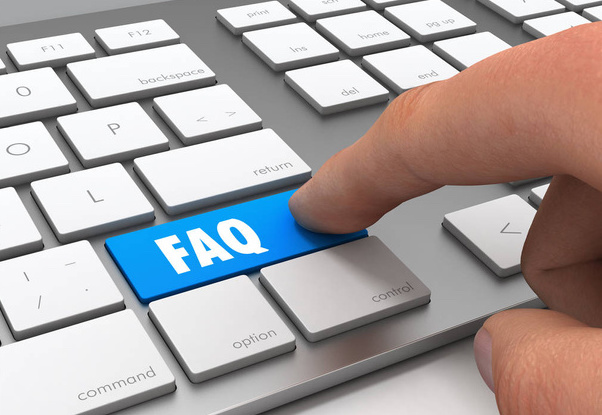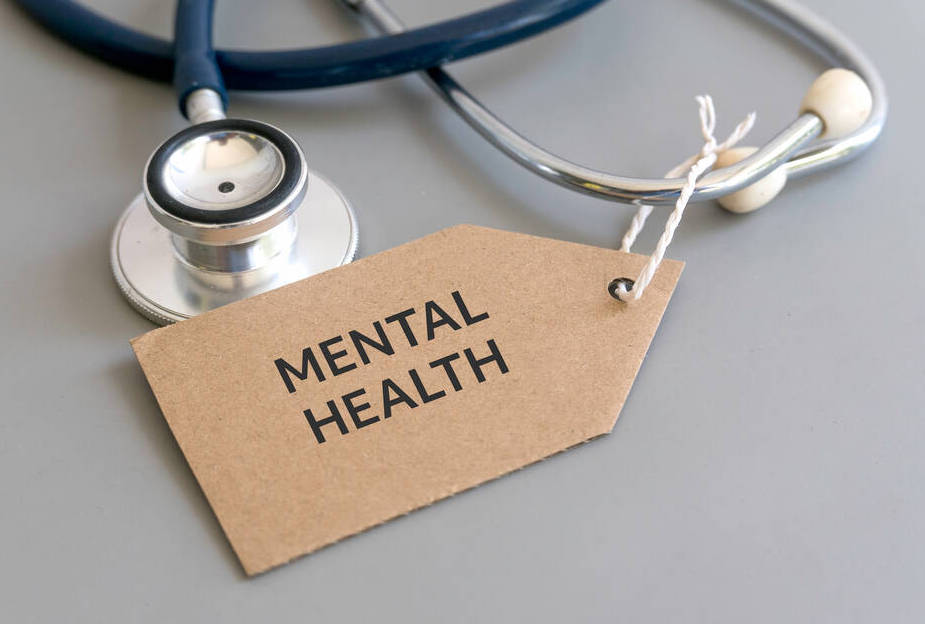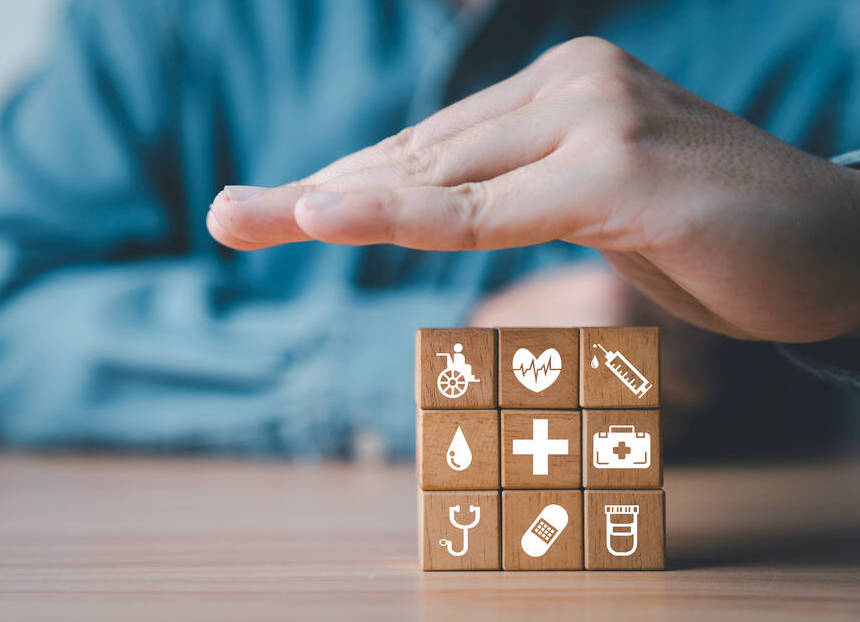Reading Time: 6 minutesKnowledge as a Foundation for Healing Mental health is a fundamental component of overall well-being,
Category: Get help
If you are concerned that you are developing a mental health or drug problem, you should seek advice and support from your doctor first. If you are thinking about taking your own life, call 988 (US) or Text to live chat 24 hours a day. go to the emergency department and ask for the contact of the nearest crisis resolution team. These are teams of mental health professionals who work with people in distress.
If you have a substance misuse problem contact mental behavioral health.
ModafinilUP is a charity specializing in research and policy development, with a focus on the prevention of mental health problems. We cannot advise people directly on their personal circumstances.







